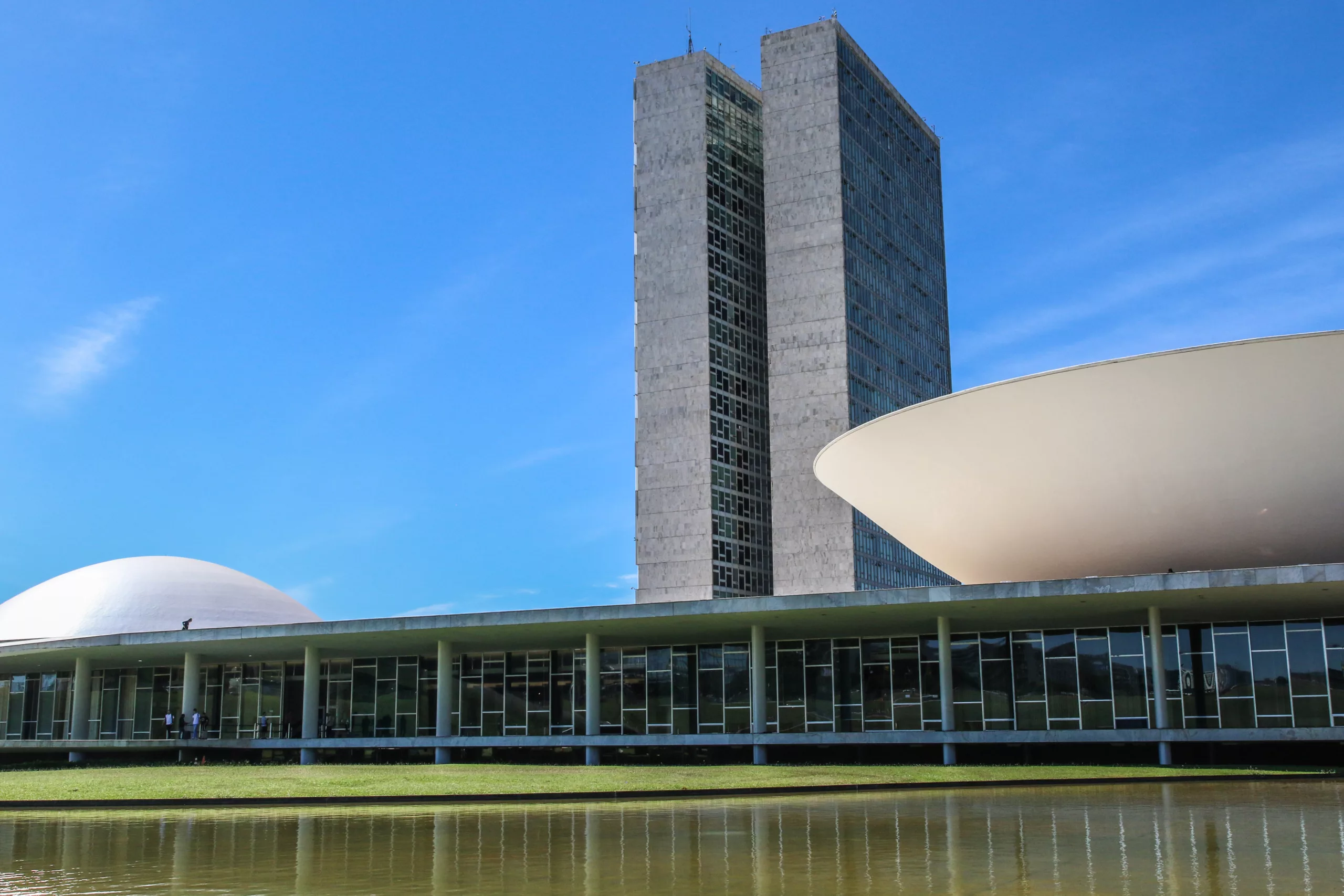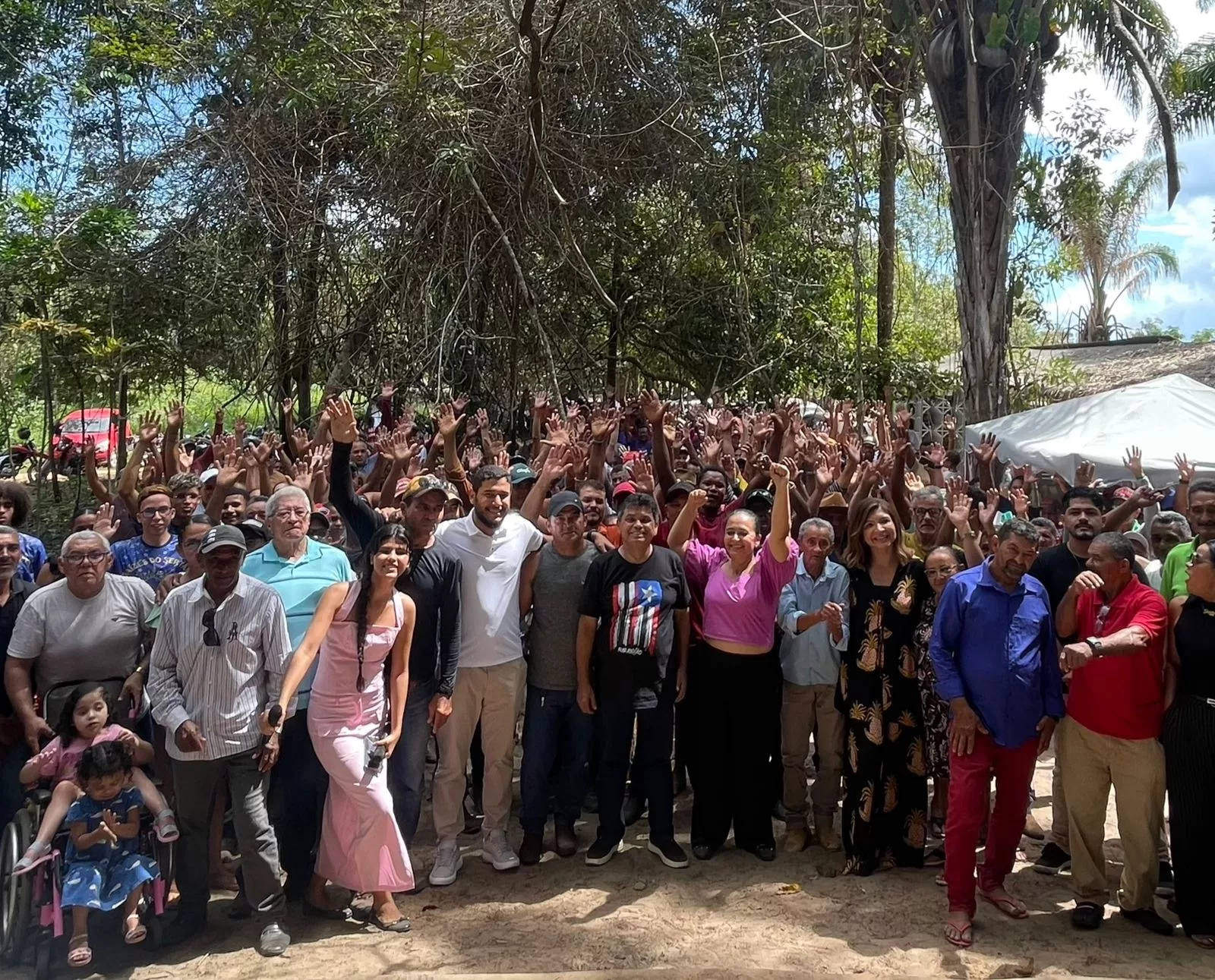Financial Times destaca protagonismo de líder comunista Manuela D’Ávila

A publicação informa que, ao contrário do que muitos imaginam, jovens dessa geração não gastaram grande parte de seu tempo com a internet. É o caso, lembra o texto, da política brasileira da Geração Y, que foi muito além de sua relação com a tecnologia.
E ela ressalta ter orgulho de ter crescido praticamente livre: “Essa é uma geração que votou de acordo com seus sentimentos verdadeiros”, disse ela, referindo-se ao período pós-regime militar, encerrado no Brasil em 1984.
Manuela também destaca o papel da mulher hoje na política brasileira, mostrando como papel de parede de seu celular sua fotografia no plenário da Câmara dos Deputados rodeada de homens engravatados.
Lei abaixo a íntegra da matéria do Financial Times, ainda não traduzida.
June 5, 2013 11:39 pm
Brazilian society: Politician adds edge to gender battle
By Joe Leahy in São Paulo
When people think of the millennial generation they might imagine people who grew up spending their every living moment on the internet. But Brazilian “Generation Y” politician Manuela D’Ávila defines her age group by far more than its relationship with technology.
Although they are tech savvy – the country has the second-largest Facebook community in the world after the US – Brazil’s millennials have the proud distinction of being the first generation in recent history in their country to have grown up politically free.
While many were born during the country’s military dictatorship, which ended in 1984, few were old enough to remember it and most have participated in almost as many elections as their parents. “This is the first generation that has voted according to their true feelings,” says Ms D’Ávila, a federal congress member from the southern state of Rio Grande do Sul. At only 31 years of age, Ms D’Ávila has already broken most of the existing moulds, even for a member of a generation accustomed to turning traditional models upside down.
She is serving her second term in Congress, where she is the leader of the Communist party of Brazil faction in the lower house.
Not only is she exceptional for her youth in an assembly characterised by ageing party stalwarts but also for the fact she is a woman. She carries on her cellphone a photo of her taken in Congress showing a young elegantly dressed woman adrift in a sea of grey-bearded suits, which illustrates the point that Brazilian politics is dominated by men.
“I saved this on my cellphone because when people say they don’t need to fight for empowerment of women any more, I show them that image. When I do, everyone understands,” she says.
Brazil with its relatively young population seems a natural breeding ground for politicians such as Ms D’Ávila. Younger Brazilians have no hang-ups about using technology, including for political ends.
They are taking to smartphones as fast as they can afford them, or the country’s creaking telecom networks will allow.
About 1.8m Brazilians per month have joined Facebook in recent years, with the number using the site now totalling more than two-thirds of the country’s 90m internet users. The aptitude of Brazilian youth, in particular, for the internet has attracted attention from Silicon Valley. Redpoint Ventures, previously known as BV Capital, has received commitments of $130m for a joint fund that will invest mainly in new consumer internet groups in Brazil.
Ms D’Ávila came to office by championing the rights of her generation. A Marxist by age 17, she started in student politics at her university in Porto Alegre, the capital of Rio Grande do Sul, before joining the local council. She campaigned for more space and facilities for young people in a city that was wrestling with increasing crime.
“The idea of public security is always that of restricting public space, which for youth has a huge impact,” she says.
She became a congresswoman in 2006 and was struck by what she believes is the mutually reinforcing male domination of Brazil’s political and business worlds. Brazil’s Congress is 8 per cent female compared with almost 40 per cent for neighbouring Argentina or 25 per cent in France.
“There is no one reason,” she says, in reference to the skewed congressional gender balance. She adds that it at least partly reflects the machismo of Brazilian society. “There doesn’t exist a situation where politics supersedes the culture of a society.”
Reinforcing the trend is that campaign finance was provided by businessmen to politicians who also happened to be men. They operate as a cartel, with the political dynasties in congress and their business associates making it difficult for newcomers, especially women, to penetrate their world, she says.
The only way to solve the problem of gender imbalance and graft in Congress in the longer term is to provide public financing for campaigns, she adds.
“For me, public finance for campaigns would end corruption. No, nothing will end it,” she corrects herself. “But at least it would diminish it.”
In the meantime, she says one of the great steps forward for women in Brazil was the election of the country’s first female president, Dilma Rousseff, in 2010. Since she took office on January 1 2011, the president has appointed a large number of women to senior positions in the government and in state-owned companies, such as oil producer Petrobras.
“People perhaps don’t understand how important it is for children to be raised in an environment with women occupying positions of power,” she comments.
“It will change a generation.”




